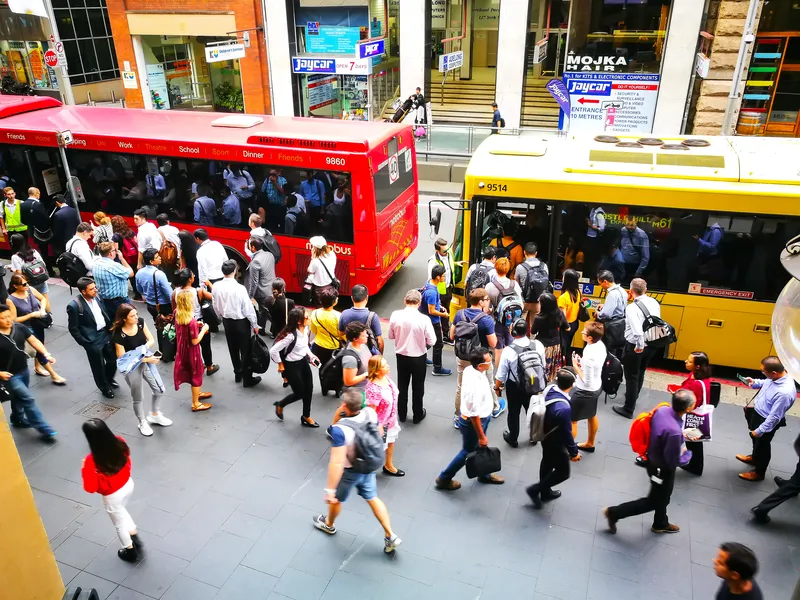The New South Wales (NSW) Government will invest US$4.7 billion to build and maintain critical road and maritime infrastructure across the state in the 2013-2014 state budget, providing for new roads infrastructure, maintenance and road safety.
Roads minister Duncan Gay says this new infrastructure fund, Restart NSW, will support the WestConnex Motorway, WestConnex enabling works in the Port Botany and Sydney Airport Precinct, the Pacific and Princes highways, Bridges for the Bush, and addressing congestion pinch points in Sydney.
As part of a US$920 million investment in the Pacific Highway, US$202 million has been allocated to continue work on the dual carriage, 17-kilometre upgrade of the highway north of Ballina.
To the south of the state, US$106 million has been allocated to continue work on the Princes Highway Gerringong upgrade.
Around US$2.5 billion of Restart NSW funding is to be committed to growing and improving the state’s road network over the next four years, with US$509 million to be spent in 2013/14.
The Government has committed US$1.7 billion over four years from Restart NSW to finance the WestConnex project, destined to be the largest urban transport project in NSW history, with US$102 million committed in 2013-14 to get work under way on the 33 km motorway. Under the financing model confirmed in the Budget announcements, the Government will fund the initial sections of the motorway. Private sector capital will then be raised against tolls to fund the next phase of motorway construction.
Major investments in transport include: US$741 million for the ongoing delivery of the north west rail link; US$325 million to continue progress of the south west rail link; US$289 million for the Northern Sydney freight corridor program; and funds to complete the Inner West Light Rail Extension, the new Central Business District and South East light rail linking the and the progression of the Wynyard Walk fully accessible pedestrian link.
NSW commits major funds to roads and maritime in 2013-2014 state budget
The New South Wales (NSW) Government will invest US$4.7 billion to build and maintain critical road and maritime infrastructure across the state in the 2013-2014 state budget, providing for new roads infrastructure, maintenance and road safety. Roads minister Duncan Gay says this new infrastructure fund, Restart NSW, will support the WestConnex Motorway, WestConnex enabling works in the Port Botany and Sydney Airport Precinct, the Pacific and Princes highways, Bridges for the Bush, and addressing congestion
June 20, 2013
Read time: 2 mins







